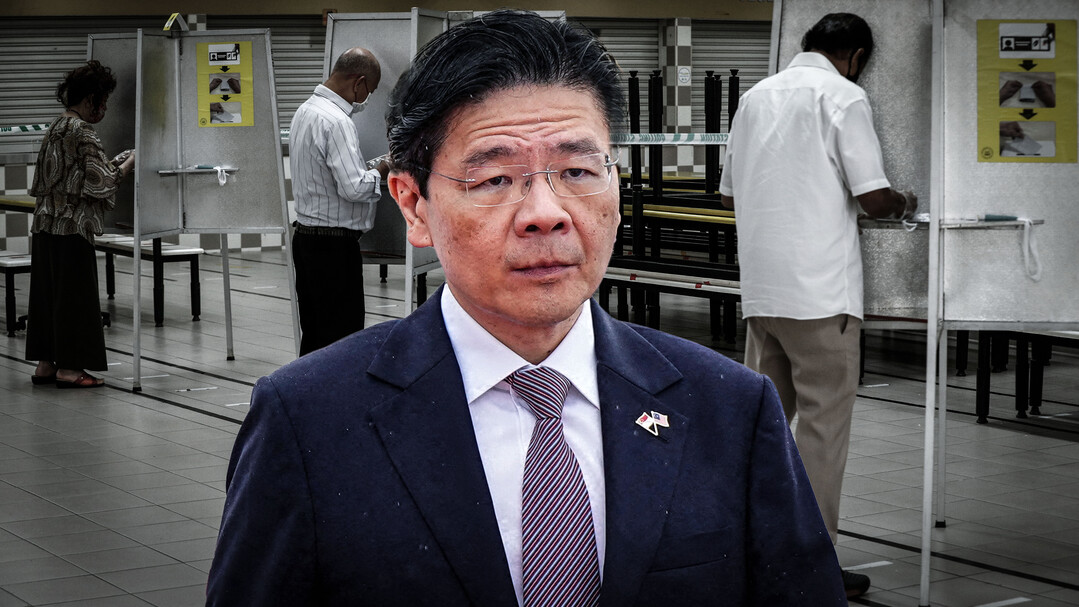
As the Singaporean Parliament has been dissolved, the city-state of Singapore is facing a general election. In this election, the long-ruling People's Action Party (PAP) aims to secure a stronger grip under Prime Minister Lawrence Wong's leadership. The Elections Department officially announced that the general election will be held on May 3rd.
The PAP, which has governed Singapore since its independence from Malaysia in 1965, is virtually assured of victory. Prime Minister Lawrence Wong stated in his Facebook post, "We are witnessing profound shifts in the world. The world is becoming more uncertain, more volatile, and even anxious. The global conditions that enabled Singapore’s success over the past decades may no longer hold. That is why I have called this general election."
Wong, who took office as Singapore's fourth leader last May, seeks a stronger victory after the setbacks the PAP experienced in the 2020 general election amid rising voter discontent with the government. In that election, held during the COVID-19 pandemic, the PAP maintained its overwhelming majority by winning 83 out of 93 seats. However, they conceded more seats to the opposition, increasing the opposition's parliamentary seats from a record low of 6 to a record high of 10. The PAP's approval rating also fell to nearly a record low of 61%.
In his first general election as PAP leader, Wong has been striving to appeal to disgruntled young voters, primarily through the 'Forward Singapore' plan. The PAP plans to field over 30 new candidates to rejuvenate the party. Wong warned, "It matters who is in the cockpit," amid economic uncertainties as U.S. tariffs disrupt the global trade system.
While Singapore has prospered as one of the world's wealthiest nations, it has also become one of the world's most expensive cities. The PAP has faced criticism for its strict government control and 'government knows best' attitude, media censorship, and the use of repressive laws against dissidents. Experts also analyze that issues such as widening income inequality, unaffordable housing prices, overcrowding due to immigration, and restrictions on press freedom have weakened the PAP's hold on power.
This general election will be a crucial test for the PAP. Amid growing public fatigue with long-term rule and rising economic discontent, it remains to be seen whether the PAP, led by Wong, can reclaim its past glory and demonstrate leadership suitable for a new era. Singapore's future is expected to significantly depend on the outcome of this election.
[Copyright (c) Global Economic Times. All Rights Reserved.]






























